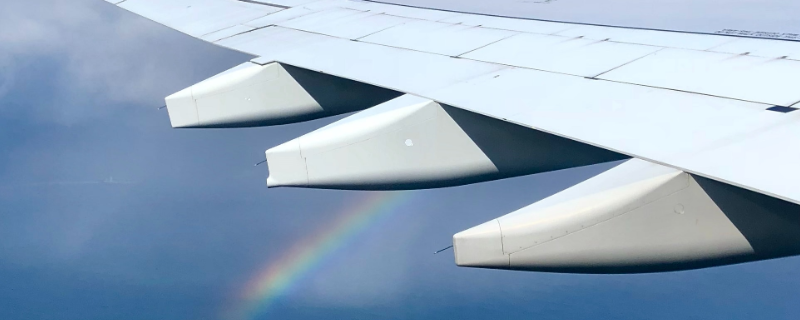During a media briefing held yesterday, the International Air Transport Association (IATA) unpacked its performance over the past year and issued a call to governments across the globe to follow the advice of the World Health Organization (WHO) and lift travel bans.
The International Air Transport Association (IATA) yesterday held a media briefing to unpack its performance over the previous year, during which it also issued a call to international governments to lift the travel bans that are currently impacting the movement of people across the world.
Looking at the latest figures and comparing them to 2019, while cargo has seen growth of 9%, domestic travel has been severely impacted by the pandemic and travel bans implemented by many countries.
“If we look at domestic traffic, the same sort of trend continues there in October, down 22% year to date; it’s down 29% versus the same period in 2019. And international, we’re seeing it recover, but it’s a slow, slog, really, 65% down in October, year to date down about 79%. So the challenge, there continues to be the problems caused by government restrictions on travel – border closures, testing requirements – which is suppressing the demand,” said Willie Walsh, IATA’s Director-General.
“Blanket travel bans will not prevent the international spread. And they place a heavy burden on lives and livelihoods.”
Call to lift travel bans
During his presentation, Willie highlighted that while there is strong evidence of demand for flights quickly resuming in instances in which restrictions are removed, travel bans are adversely impacting businesses and people’s livelihoods.
“The WHO is saying is that blanket travel bans will not prevent the international spread. And they place a heavy burden on lives and livelihoods. In addition, they can adversely impact global health efforts during the pandemic, by disincentivising countries to report and share the epidemiological and sequencing data. All countries should ensure that the measures are regularly reviewed and updated when new evidence becomes available. And that’s the case supported again by the ECDC, which says pretty much the same thing. The best thing governments can do here is to look and assess the risk based on the data and make decisions based on that,” noted Willie.
You can access the performance presentation here.
Watch the full media briefing below:
RELATED: IATA confirms 2020 was the worst year on record for air travel







